BLOG
 Voicing the Voice in the Workplace: Navigating Complexity and Emotion
Voicing the Voice in the Workplace: Navigating Complexity and Emotion
Kylie Penehoe
Wonnarua & Wiradjuri woman
Executive Manager – First Nations Programs at AFL SportsReady
Workplaces throughout Australia are engaging in conversations about the upcoming referendum on the Indigenous Voice to Parliament. Which is scheduled for this year.
It’s an important conversation that needs to occur but navigating the complexity and emotion of these conversations in the workplace can be challenging, and in some cases, harmful.
Daily, I speak with employers interested in employment pathways for First Nations young people. Employers who want to genuinely open up more accessible employment opportunities for Aboriginal and Torres Strait Islander young people. To gain practical experiences in the workplace and build new employment networks. These employers are now experiencing the political dynamics that come with race relations.
An environment that Aboriginal and Torres Strait Islander peoples are only too familiar with. Manoeuvring through the labyrinth of political and emotional dialogues. Along with, maintaining your stamina to engage and stay professional in the same conversation over and over again. – All while it slowly takes an emotional toll on your very being.
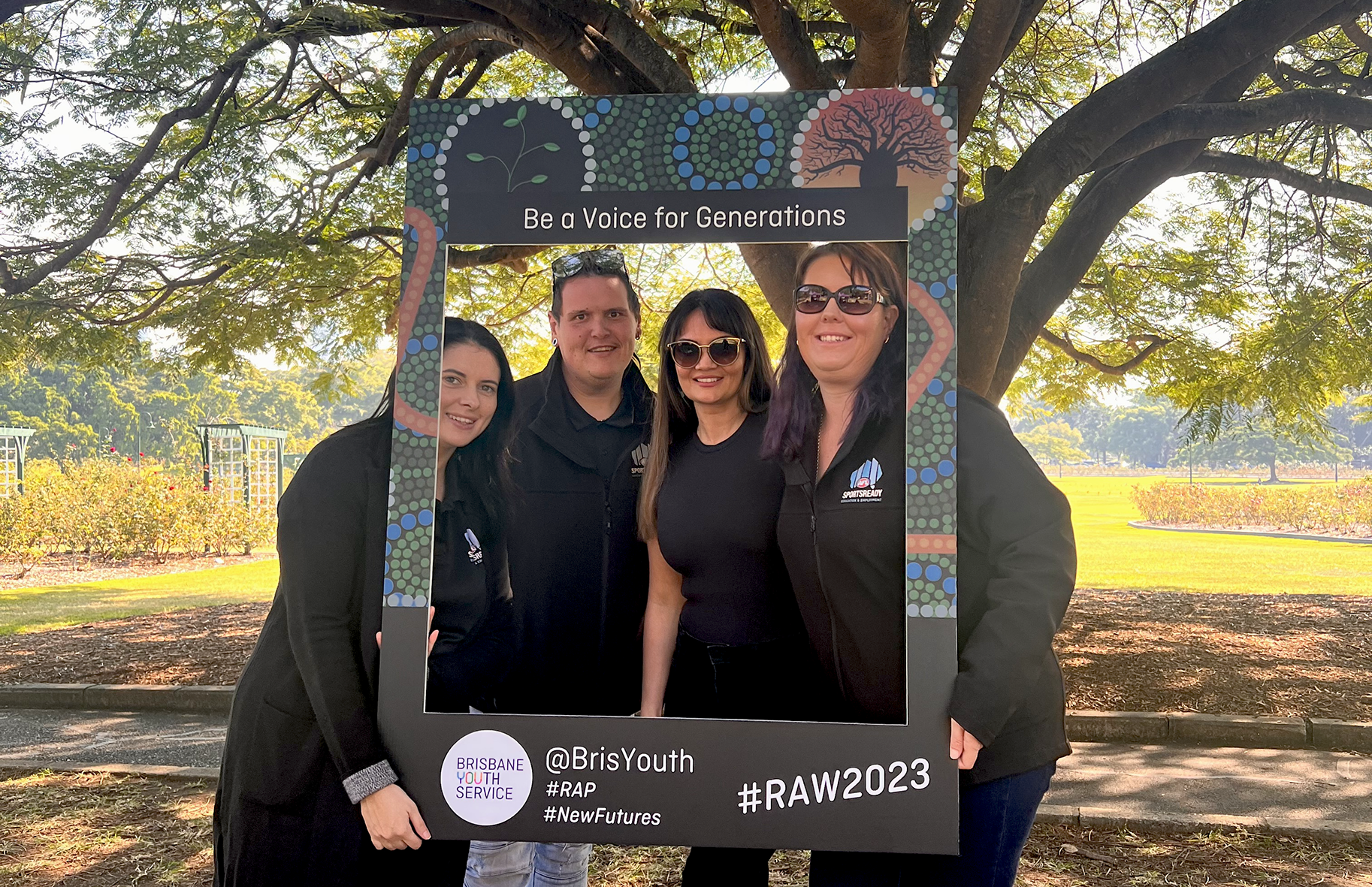
Thankfully, the discussions I’m involved in don’t revolve around overt racism at work.
Instead, we’re delving into the subtle realm of microaggressions and cultural intricacies.
These instances often leave First Nations team members feeling unheard, undervalued, and occasionally doubting whether their experiences were valid at all. To me, this is the ultimate test for cultural safety. It’s about having the freedom to express oneself respectfully, supported by colleagues who amplify your voice. All being able to comfortably do your work and not feeling uncomfortable and nervous when you hear your colleagues speak and feel the energy of their words. While they debate the merits of the voice.
For many young people in our program, they are in the midst of a coming-of-age season of their lives.
While they are learning new practical workplace skills. They are also learning who they are and what they stand for. They are no longer being shuffled into classrooms and provided with educational instruction. Instead, there is a new range of freedom at play.
Freedom of thought;
“What do you think about the voice?”
and freedom to take control of your own path;
“Are you voting yes or no?”
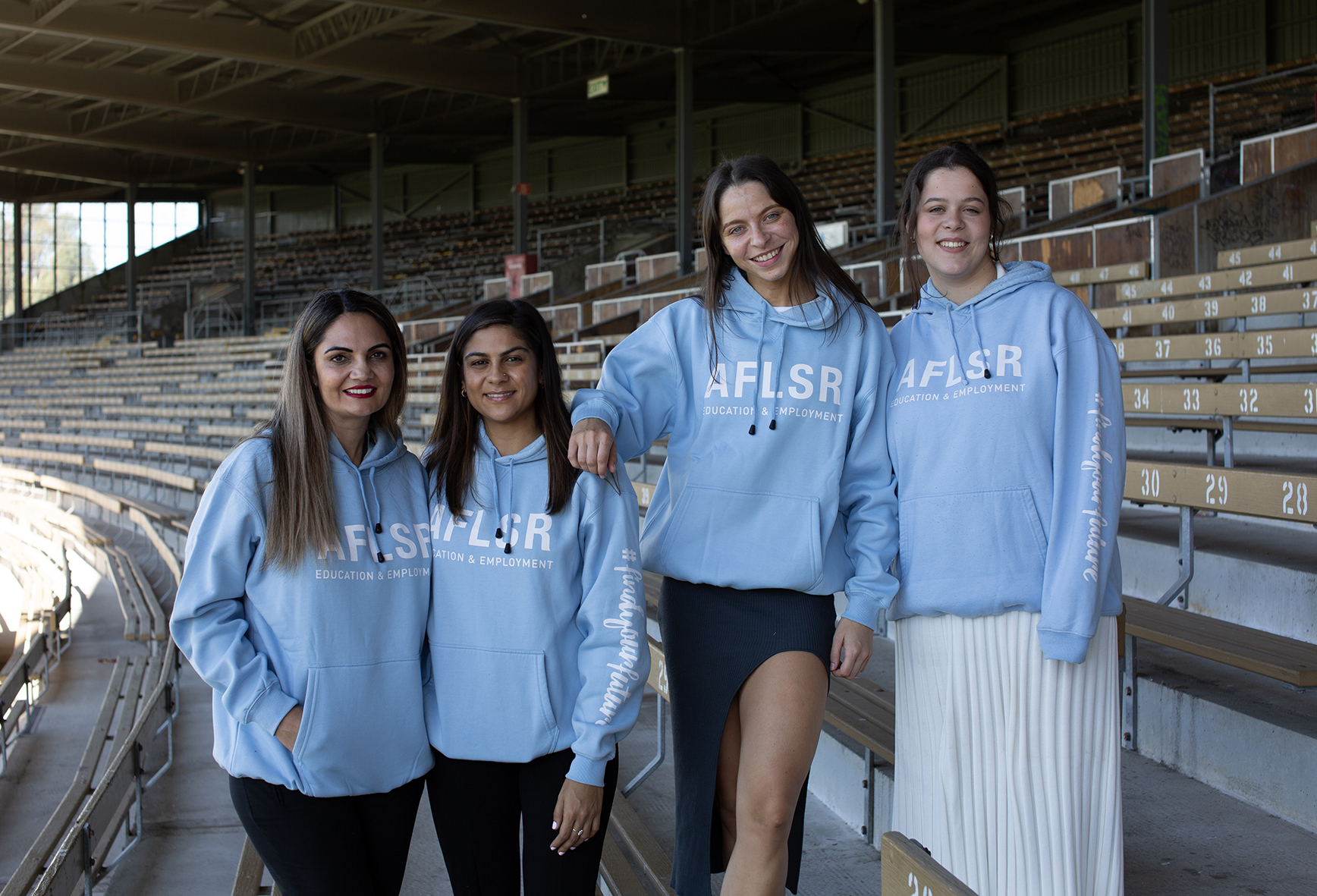
Some of our young ones are firm in their sense of identity, confident in their position and proudly share their viewpoints. Other young people are firm in their beliefs. But the challenge sits in sharing their position in an open forum with people whom they are just getting to know. Other young ones, are still on their own identity and cultural journey searching to understand who they are and what they stand for.

I feel for the First Nations young people in our workplaces today. The cultural load is inadvertently being placed on our young one’s shoulders. All while wrapping their heads around the complexity of The Voice and how to navigate these politically heightened conversations. That we are more emotionally tied, while still trying to understand the workplace culture and office politics that are in play.
Often the advice they seek is,
Do I speak up? What if they disagree? What if someone is offended? Is it better that I stay out of this? I’m trying to start my career.
These conversations remind me of growing up in the ’90s and the conversations that reverberated in the air about Treaty and Mabo. The tension was palpable, especially when teachers and friends’ parents debated the impact Treaty would have on them. The scare tactics were used to incite the feeling that a Treaty would enable Aboriginal people to lay claim to the family home. I recall folding myself in. I wanted to be small and not have attention or questions asked of me as to whether I believed this was the right thing to do.
Fast forward to today, and I can’t help but empathise with the First Nations young people who entered the workforce this year. They’re grappling with the intricacies of The Voice dialogue. All while navigating the maze of workplace cultures and office politics. It’s no small feat.
It’s crucial to recognise that First Nations peoples, like all Australians, are shaped by our lived experiences and our perspectives on life are influenced by these experiences. And like all Australians, we have varying political ideologies.
Unlike most Australians, former government policies and legislation have impacted us more harshly and created a lower quality of life for our families that has continued to trickle down into some of the challenges we experience today.
So, the conversations around how policy and legislation is formed are deeply personal – and have a significant impact on how our lives are shaped.
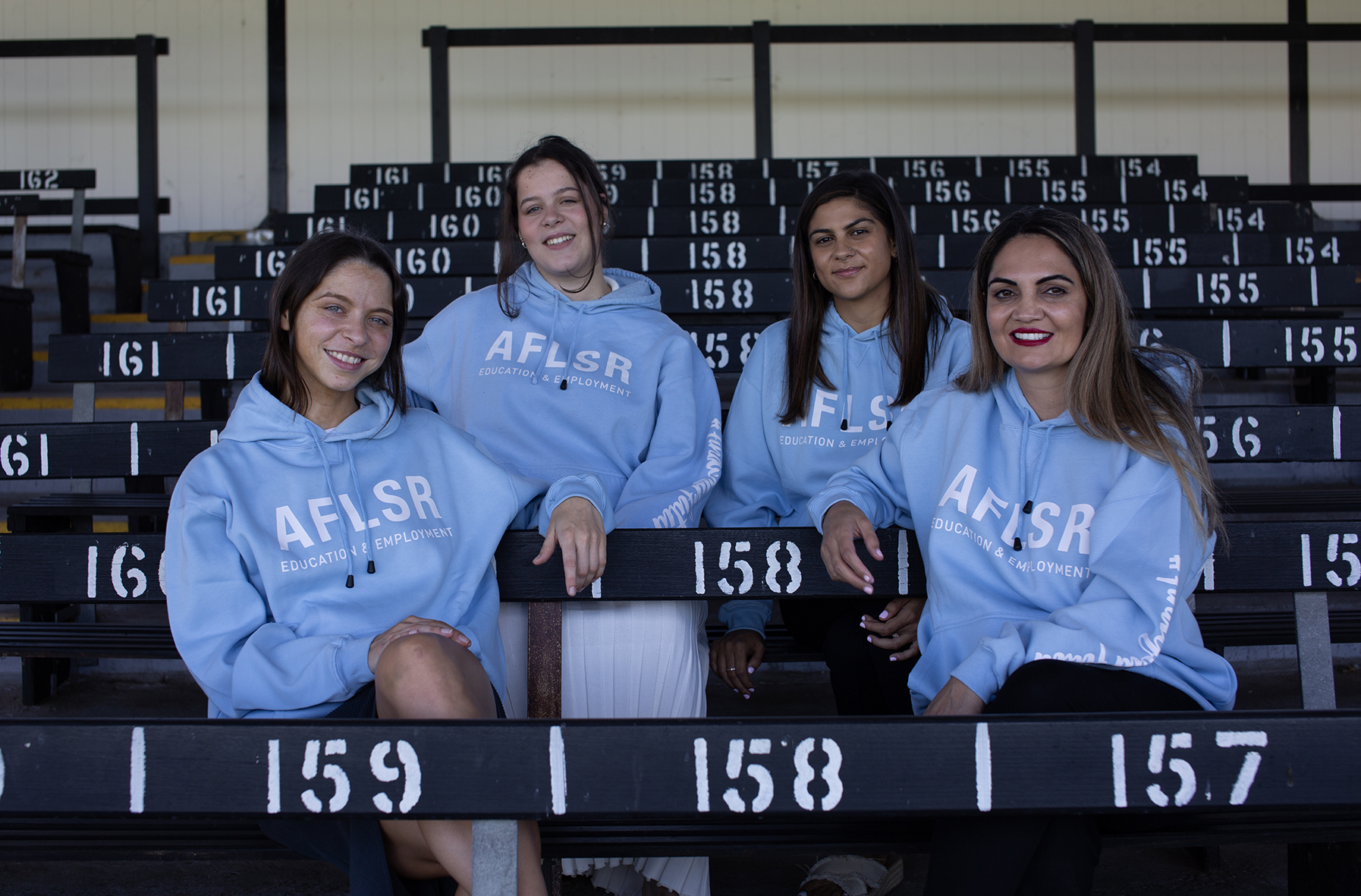
I am proud to say that AFL SportsReady proudly supports constitutional recognition for First Nations Australians. Through a Voice to Parliament supportive of The Voice. Why? Because we firmly believe that the voices of Aboriginal and Torres Strait Islander peoples must be prominent and central in decisions that resonate through their lives.
With that being said, I understand that this is one potential step in the right direction. But the momentum cannot stop here as there is still a lot more that needs to be done to ensure equality for all people in Australia.
Regardless of where our young ones stand on the political spectrum. I can’t help but empathise with the challenges they encounter as they step into a workforce seething with political energy.
Let’s stand together and create a safe space for conversations on The Voice.
To help guide your conversations.
The Australian Human Rights Commission offers some practical tips to engage in conversations about the referendum in ways that minimise hard, including:
- Practising cultural humility
- Centering Indigenous knowledge, voices and perspectives
- Remerging there is no one true ‘Indigenous perspective’
- Avoiding deficit discourse
- Calling out and actively combating fear tactics
For more information visit; Minimising Harm in Conversations about the Referendum | Australian Human Rights Commission
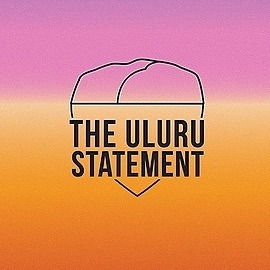
AFL SportsReady encourages all our young people, host employers and partners to learn more and support a First Nations Voice to Parliament.
The Uluru Statement from the Heart
History is calling.
Explore the statement and take action.
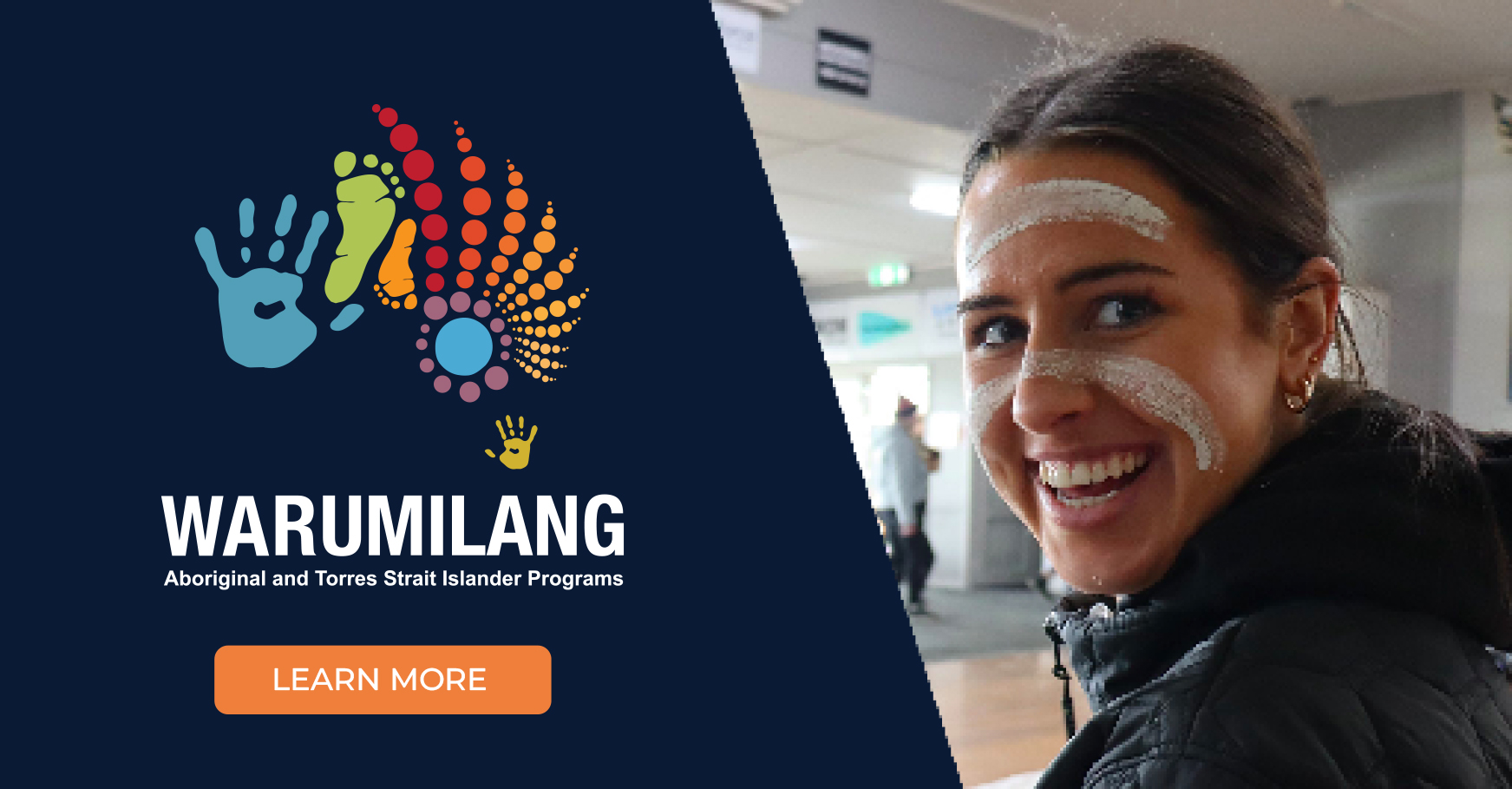
With over 29 years of experience providing quality job opportunities and launching the careers of thousands of young Australians. AFL SportsReady offers diverse and thrilling opportunities that could take your career to the next level.
Whether you’re just starting out in your career or looking to take it in a new direction. AFL SportsReady SportsReady has something to offer, with a commitment to quality training and support. You can be sure that you’ll have the tools you need to succeed.
So why wait? Kickstart your career today by exploring available Traineeships.
Follow us
